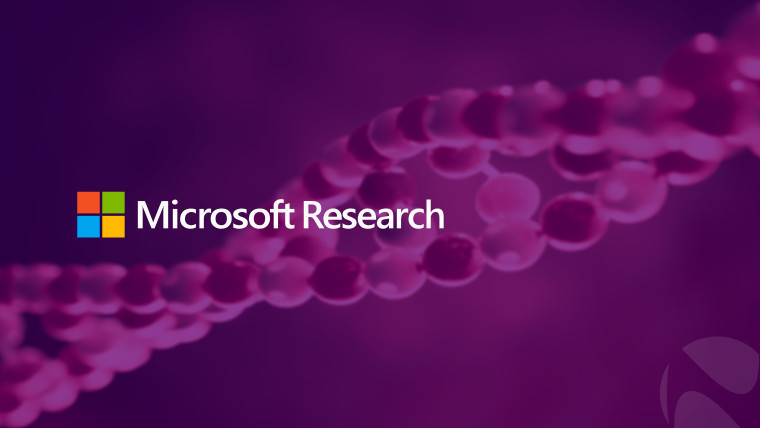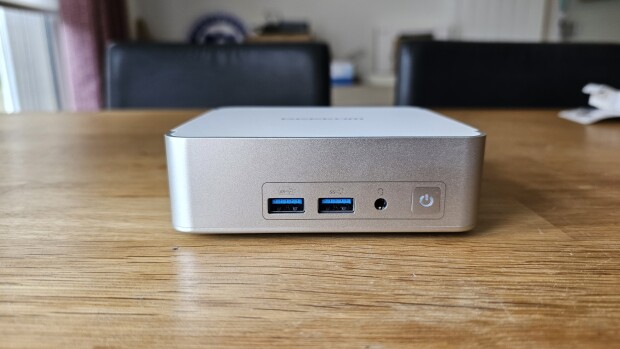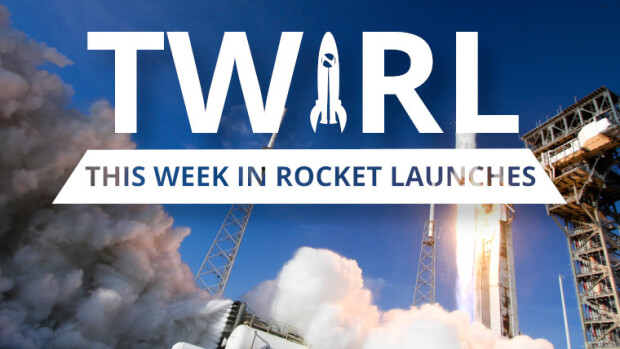
Last year, Microsoft announced a partnership with Twist Bioscience, acquiring ten million strands of DNA for use in digital storage research. Today, the companies announced that they're expanding their collaboration, which also includes researchers from the University of Washington, as Microsoft is purchasing another ten million long-chain oligonucleotides for use in its research.
"After working together for over a year," Twist Bioscience said today, "the organizations have improved storage density, thereby reducing the cost of DNA digital data storage by encoding more data per strand and increasing the throughput of DNA production."
Just a few months after their work began, the research teams revealed that they had succeeded in storing 200 megabytes of data on DNA, with 100 percent accuracy in encoding and decoding the data. But they're not the only ones who are exploring the potential for DNA data storage.
Researchers at Columbia University revealed last month that they had been able to store and retrieve an entire operating system, a short movie, and several other files on DNA, with the ability to store up to 215 petabytes in a single gram. Cost is still a significant barrier for now; the Columbia researchers spent $7,000 to synthesize the DNA for 2MB of data, and a further $2,000 to read it.
As with other emerging technologies, though, that barrier is likely to come down over time, especially considering the many benefits of DNA storage, which include its incredible longevity. Scientists believe that data can be stored on DNA for thousands of years and still be read with complete accuracy.
"There are still many challenges in making DNA storage mainstream, though we are encouraged by the work we have completed to date," Microsoft Senior Researcher Karin Strauss, Ph.D said. "Demand for data storage has been growing at break-neck pace. Organizations and consumers who need to store a lot of data – for example, medical data or personal video footage – will benefit from a new long term storage solution. We believe DNA may provide that answer."
Source: Twist Bioscience (PRNewswire) | via ZDNet



















1 Comment - Add comment